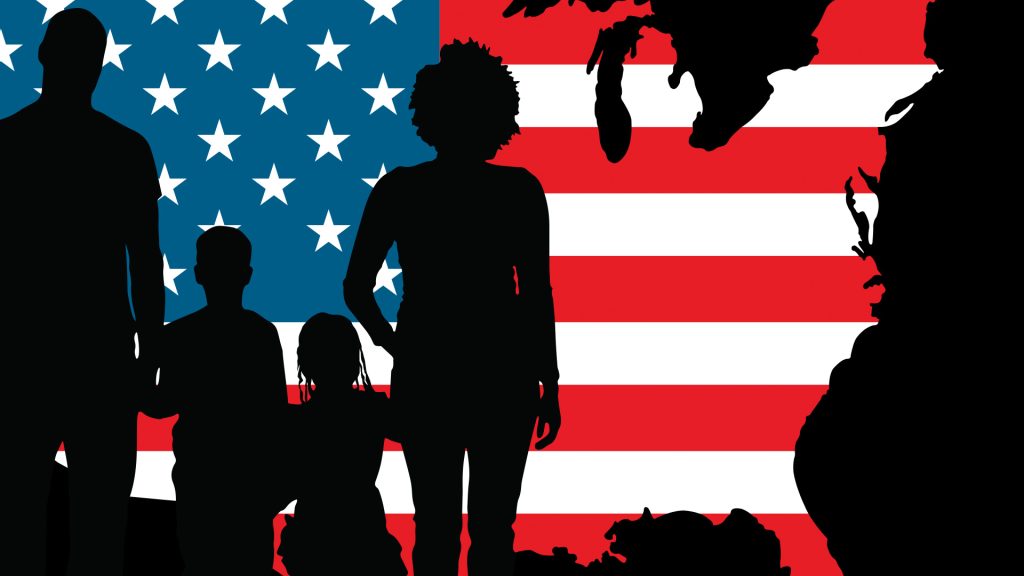(ThySistas.com) “Black men and women need college degrees more than ever.” William Jackson, Prof. Edward Waters College, Jacksonville, Florida.
There are writers, poets, storytellers, content creators, thought leaders and intellectuals that create and share diverse content on the Internet though blogging. The content motivates, encourages, engages, educates and shows that African Americans have intellectual abilities that greatly surpass entertainment and sports.
Education; the key to economic and political growth allows for opportunities in careers that African Americans in the past have been denied because they were not qualified, certified and skilled enough.
The growth of the Internet has allowed millions of youth, teens and young adults the chance to express themselves through the diverse writing talents that they have and can be cultivated within them. The events of the media are quick to report breaking stories, but what comes into question is the validity and accuracy of news reports and the stereotypical language, linguistically created coding  and cultural references that border on racism and typecasting.
and cultural references that border on racism and typecasting.
The development of the Internet has allowed content to be created on the spot to share accurate and pinpoint information about rapidly changing events. The Ferguson protests showed the flexibility and at times unreliability of news reports, but the “person on the spot” has a valid purpose in showing what is happening real time, through Social Media tools that transmitted real time events. HBCU students must be taught how to integrate blogging to tell their stories and the stories of their culture.
Communities are portrayed in multiple ways that either promote positive events or negativity in actions and behaviors by it residents. This leads to HBCU courses in Broadcast Journalism, Mass Communications, and other courses of study that dive into news events and content creation.
Sometimes the humanity of a story is not portrayed when using Social Media to share events, the humanity or personal side of a story should be included.
HBCU students that are studying areas of communication must understand that their views and opinions may not be in line with that of the main stream media, because of this they must learn how to code switch to show events as unbiased and neutral. HBCU colleges and universities have a responsibility to teach students how to speak their voices, voices that are critical and should never be silenced because historically they still represent African American communities.
HBCU’s should not allow anyone to define them or define their communities even those without formal education. Education should not divide us, education and learning can unite us and bond us. Preventing inter-cultural segregation from happening by nurturing future journalist that can tell the stories needed to be told about the African American community in truth.
This blog is about “Building HBCU Intellect Through Blogging” because blogging is not confined to one tool or platform. HBCU students need to learn how to Vblog, Podcast, Microblog, develop E-books, develop interview strategies, articulate for public speaking and develop research skills. I’m saddened that when I present myself a graduate of an HBCU and offer to speak at HBCU schools on Social Media platforms, tools and using it to promote, market and brand many seem uninterested or think this discussion is not needed.
HBCU students must have a passion for writing and have an answer to why they write. The journalist Samira Sawlani (UK based writer) has stated “whether you are a writer, a journalist or a reader, why do you write? Why do you read?” these should be answered with a personal passion. Professor Chinua Achebe, revered ‘The grandfather of African literature’ is an “aide memoire” of the influence of the writer, the writer has the ability to transcend borders and fight the status quo. HBCU students whether independent writers (freelance) or associated with a news agency can break the traditional ideas and ideologies of culture and color. Achebe spoke the language of courage and literature, to be used in telling the truth.
HBCU students must write to effect positive change and not write for just monetary rewards. Their passion must show through first and the praises will come later. Achebe felt as published in the Paris Review quoted, “My position is that serious and good art has always existed to help, to serve humanity.”
As a professor at an HBCU I see the need to teach writing/blogging to my students and encourage writing to all students. The world relies on information, data, statistical analysis and writing is based on these elements. HBCU’s are leaders in many communities still and cannot continue to allow traditional media to define them. Media is answering the questions that HBCU’s ask ‘Who creates us?’ it’s as if our cultural self-worth and history is dictated by outsiders. Chinua Achebe and others that embrace writing and blogging show that these are powerful tools. The HBCU students of today must understand just as Achebe, Maya Angelou, Langston Hughes, James Baldwin and others that writing is a moral obligation.
This obligation can be an act of political and economic warfare by sharing content that is empowering and engaging on the issues that affect American communities nationwide. African American issues may be ignored by traditional media, HBCU content creators must sit down and talk about problems and internal challenges to effect positive change.
HBCU students should be required to start and maintain a viable Blog and even have a Vblog and Microblog (Twitter) to share information that highlights African Americans achievements, successes and accomplishments.
HBCU students are encouraged to read the works of Achebe, Gaines, Hughes, and others. In his novel “Anthills of the Savannah”; Achebe wrote, “Storytellers are a threat. They threaten all champions of control, they frighten usurpers of the right-to-freedom of the human spirit in state, in church or mosque, in party congress, in the university or wherever.”
Lessons can be learned by HBCU students from the writers and journalists of today; the power of the pen should be used to defy injustices and preserve our histories. HBCU students need to start writing and blogging to share their stories. ‘Who tells your story?’
Staff Writer; William D. Jackson
Find out more about this talented writer over at; OCS For Education.










Leave a Reply